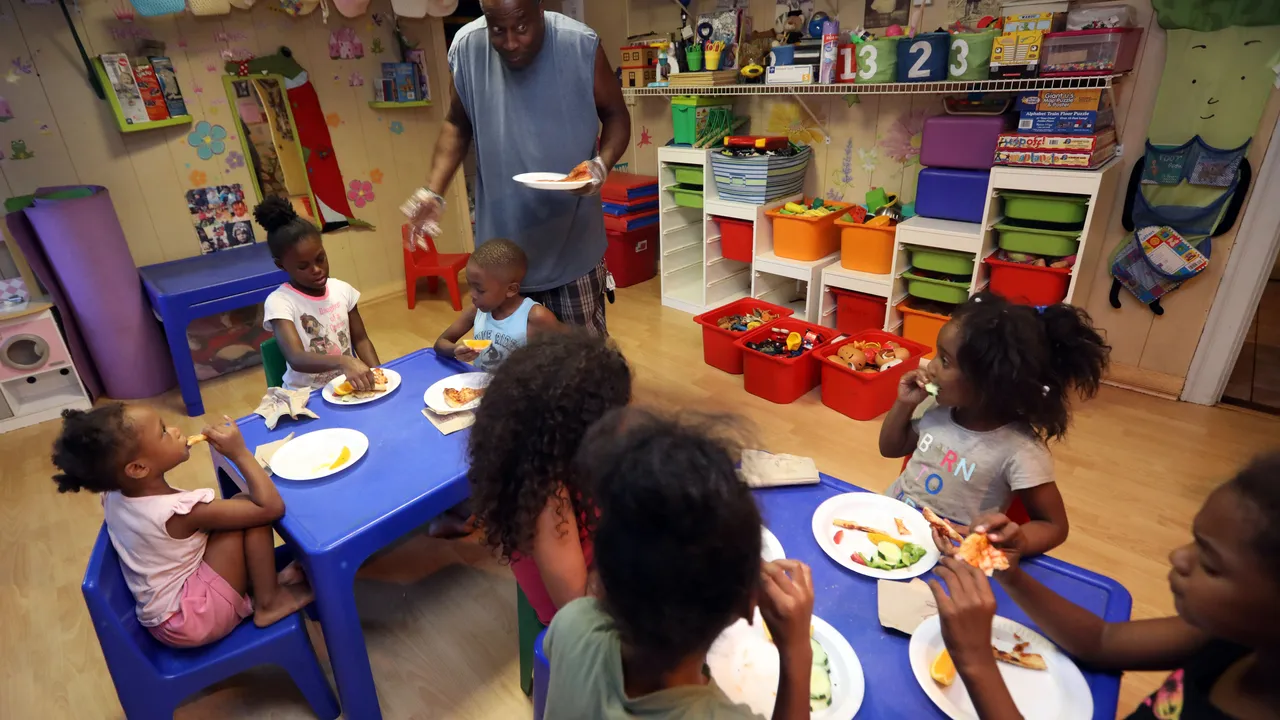Stay Ahead in Child Care: RPL Certificate Online Courses Refreshed
Stay Ahead in Child Care: RPL Certificate Online Courses Refreshed
The realm of child care is constantly evolving, requiring those involved in it to stay updated with the latest methodologies, technologies, and best practices. Recognizing this need, many educational institutions and training providers have refreshed their Recognition of Prior Learning (RPL) certificate programs, offering online courses tailored for child care professionals. This development marks a significant step forward in ensuring that caregivers, educators, and administrators in child care settings are equipped with the most current skills and knowledge.
Understanding RPL in Child Care Education
Before delving into the refreshed courses, it’s important to understand what RPL entails. Recognition of Prior Learning is an assessment process that acknowledges the skills and knowledge a person has gained outside of formal education and training. This process is particularly beneficial for child care professionals who have gained practical experience in the field but do not possess formal qualifications.
The Need for Continuous Learning in Child Care
Child care is a sector that demands a high level of expertise and constant adaptation. As societal norms evolve and research in child psychology and education advances, the approaches to child care also need to be updated. This is where the refreshed RPL Certificate Online Courses come into play. They provide an avenue for professionals to align their practical knowledge with contemporary practices and theories.
Key Areas of Focus in Refreshed Courses
Inclusive Education and Care: Inclusivity is a major focus in modern child care. The refreshed courses address how to provide effective learning environments for children with diverse backgrounds and abilities. This includes training in understanding and supporting children with special needs.
Health and Safety Standards: With the world recently navigating through a pandemic, health and safety have taken a front seat in child care settings. The updated courses include comprehensive modules on maintaining hygiene, recognizing signs of illness, and implementing health policies.
Digital Literacy: As technology becomes an integral part of education, child care professionals must be adept in utilizing digital tools. The new curriculum includes aspects of digital literacy, ensuring educators can effectively incorporate technology into their teaching methods.
Child Psychology and Development: Understanding the psychological aspects of child development is crucial. The courses cover contemporary research in child psychology, helping professionals to better understand and cater to the emotional and cognitive needs of children.
Communication and Relationships: Building strong relationships with children and their families is a key aspect of child care. The courses enhance skills in effective communication, conflict resolution, and building a supportive community.
The Flexibility and Accessibility of Online Learning
One of the significant advantages of these refreshed RPL certificate courses is their online format. This mode of learning provides flexibility, allowing professionals to study at their own pace and balance their work commitments. Online learning also ensures accessibility for individuals in remote or rural areas who might not have the opportunity to attend in-person classes.
Benefits of Updated RPL Certificate Courses in Child Care
Enhanced Professional Development: By undertaking these courses, child care professionals can bridge the gap between their existing practical experience and the latest theoretical knowledge, enhancing their overall professional development.
Increased Employment Opportunities: With a formal qualification that is up-to-date, professionals are more likely to advance in their careers, whether it’s moving into supervisory roles or specializing in areas such as early childhood education or special needs care.
Improved Child Care Quality: Ultimately, the most significant impact of these courses is on the quality of care provided to children. Educators and caregivers equipped with the latest knowledge and skills are better able to foster a nurturing, safe, and stimulating environment for children.
Recognition and Standardization of Skills: For many in the field, RPL provides formal recognition of the skills they have developed through years of experience. This recognition is crucial for standardization in the field, ensuring that all professionals meet a certain level of competency.
Challenges and Considerations
While the refreshed RPL certificate online courses in child care are a positive development, there are challenges to consider. Not everyone may be comfortable with online learning, and there might be a need for additional support for such individuals. Furthermore, ensuring the quality and credibility of online courses is essential, which requires proper accreditation and regular updates to the curriculum.
Conclusion
The refreshed RPL Certificate Online Courses in child care represent a significant step in empowering child care professionals with the skills and knowledge required in today's dynamic environment. These courses not only recognize the valuable practical experience of professionals but also provide them with the theoretical foundation to enhance their practice. As child care continues to evolve, ongoing education and training will remain a cornerstone for those committed to providing the best care and education for children.

Comments
Post a Comment